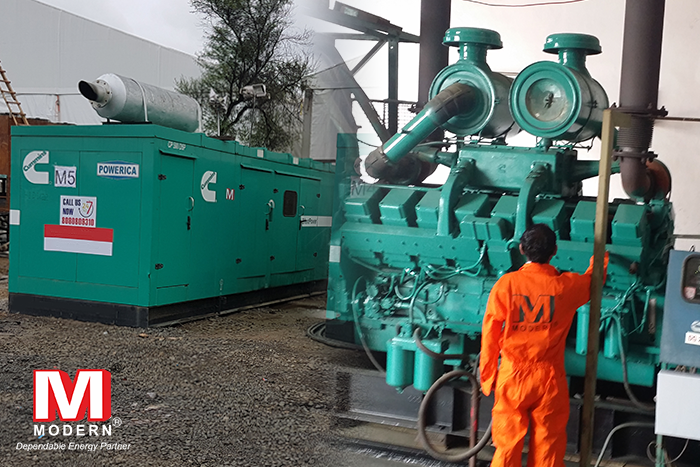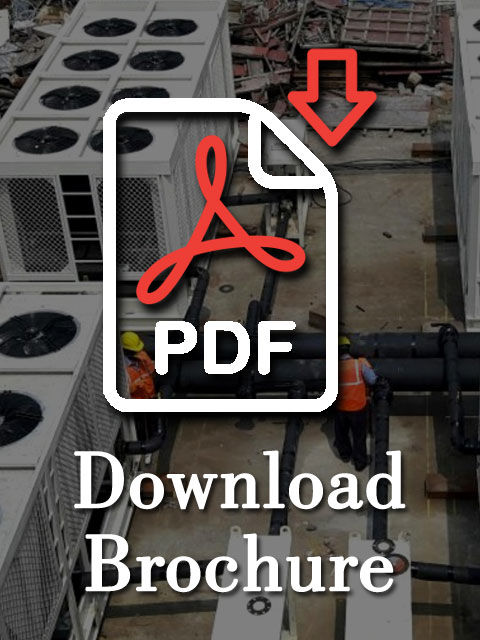
07
May
Diesel Generators vs. Gas Generators for Events: Which Is Better?
When it comes to powering events, choosing the right generator type—diesel or gas—is crucial for reliability, cost-efficiency, and environmental impact. Each has its advantages and potential drawbacks, and understanding these differences will help event organizers make the best choice for their needs. Here’s a breakdown of how diesel and gas generators compare in key areas.
1. Fuel Efficiency
- Diesel Generators: Diesel engines are generally more fuel-efficient than gas engines, especially for larger, high-power applications. This makes diesel a good choice for events with heavy power requirements, as it can run longer on the same amount of fuel.
- Gas Generators: Gasoline generators are less fuel-efficient for large, continuous power needs. However, for smaller or shorter events, they can be a more affordable and convenient choice.
2. Running Time and Durability
- Diesel Generators: Known for their durability, diesel generators are built for continuous, long-running use, making them ideal for multi-day festivals, corporate events, or outdoor gatherings that require uninterrupted power.
- Gas Generators: Gas generators are typically better suited for short-term use. They tend to have shorter lifespans than diesel generators when used for long periods or under heavy loads, so they’re best for smaller, lower-demand events.
3. Power Output and Capacity
- Diesel Generators: Diesel generators usually have higher power outputs and capacities, making them suitable for large events with substantial power needs, such as concerts, large festivals, or trade shows.
- Gas Generators: While gas generators can handle moderate power loads, they’re generally less powerful than diesel options. They’re ideal for smaller events, such as weddings or private gatherings, that don’t require high energy demands.
4. Cost of Operation
- Diesel Generators: Diesel fuel tends to be more cost-effective for long-term use, as diesel generators consume less fuel than gas generators of comparable power output. However, the initial rental cost for a diesel generator may be higher due to its power and durability.
- Gas Generators: Gasoline is usually more accessible and may be cheaper per gallon, but gas generators consume more fuel, so the overall operational cost can end up being higher for extended use.
5. Maintenance and Reliability
- Diesel Generators: Diesel engines are known for their robustness and lower maintenance requirements, largely due to their simpler construction and fewer spark plugs (which require frequent replacement in gas engines). Diesel is typically the more reliable option, especially in demanding conditions.
- Gas Generators: Gas generators require more maintenance, particularly for longer events, as they have more components prone to wear and tear. They may also be more prone to malfunctions in extreme weather or rugged conditions.
6. Environmental Impact
- Diesel Generators: Diesel engines have traditionally produced higher emissions than gas engines. However, newer diesel generators incorporate cleaner technology, like emissions filters, and can use bio-diesel blends to reduce their environmental footprint. Despite advancements, diesel generators may still have a higher impact on air quality than their gas counterparts.
- Gas Generators: Gasoline generators tend to emit fewer particulates than older diesel generators, although they still produce CO2. For smaller, eco-conscious events, gas may be a better choice if emissions are a primary concern.
7. Noise Levels
- Diesel Generators: Diesel generators are often louder than gas generators, though newer “silent” diesel models have improved significantly in noise reduction. Soundproofing options can also help, but event planners should consider noise levels if the generator will be close to guests.
- Gas Generators: Gasoline generators are usually quieter than diesel models, making them suitable for smaller, indoor events or areas with strict noise regulations.
8. Availability and Accessibility
- Diesel Generators: Diesel generators are widely available for rental, particularly for large-scale events. Diesel fuel is also commonly available, though access may be limited in some remote areas.
- Gas Generators: Gasoline is easily accessible, making refueling more convenient, especially for smaller events where a quick trip to a nearby gas station is feasible.
Which Is Better for Your Event?
- Choose Diesel Generators if:
- Your event is large and requires continuous, high-capacity power.
- You need a generator that can run for long periods without needing frequent refueling.
- You prioritize durability, reliability, and fuel efficiency.
- Choose Gas Generators if:
- Your event is small to medium-sized with moderate power needs.
- Noise levels and emissions are primary concerns.
- Your event is short-term, or you have easy access to refueling stations nearby.
Final Recommendation
For large, high-power events with continuous running needs, diesel generators are usually the best choice due to their efficiency, reliability, and durability. For smaller, quieter, or shorter events, gas generators may be more cost-effective and convenient.

